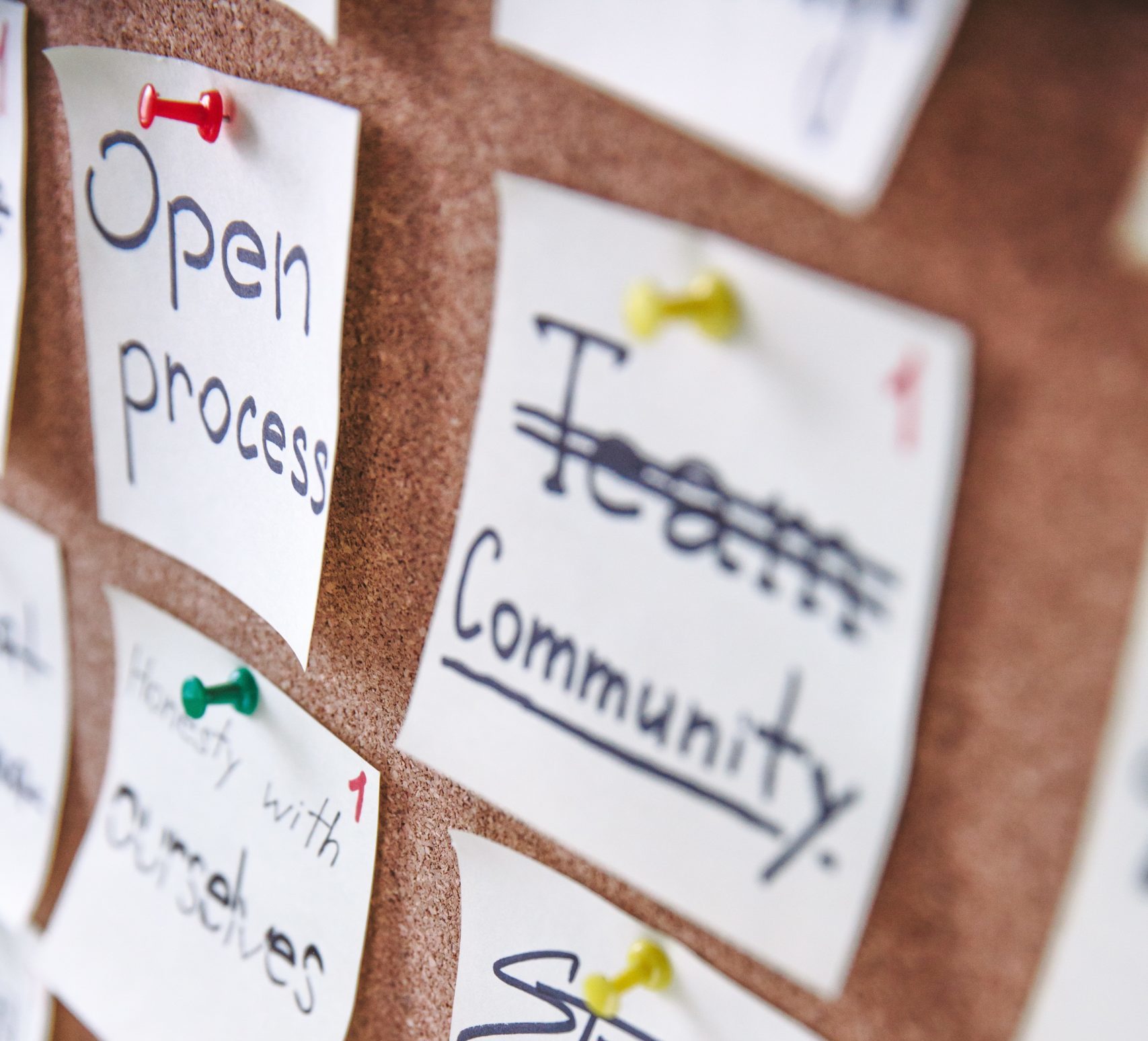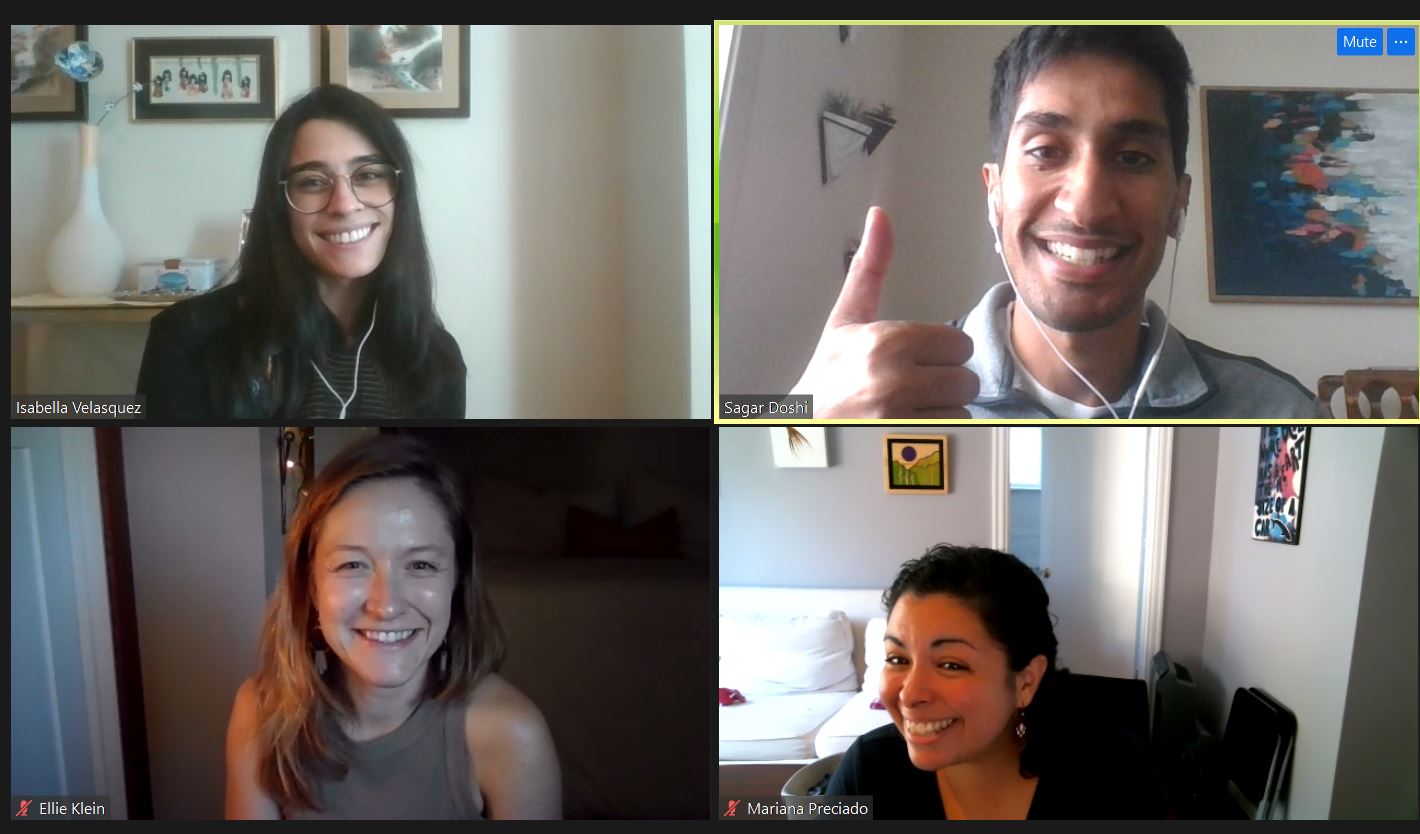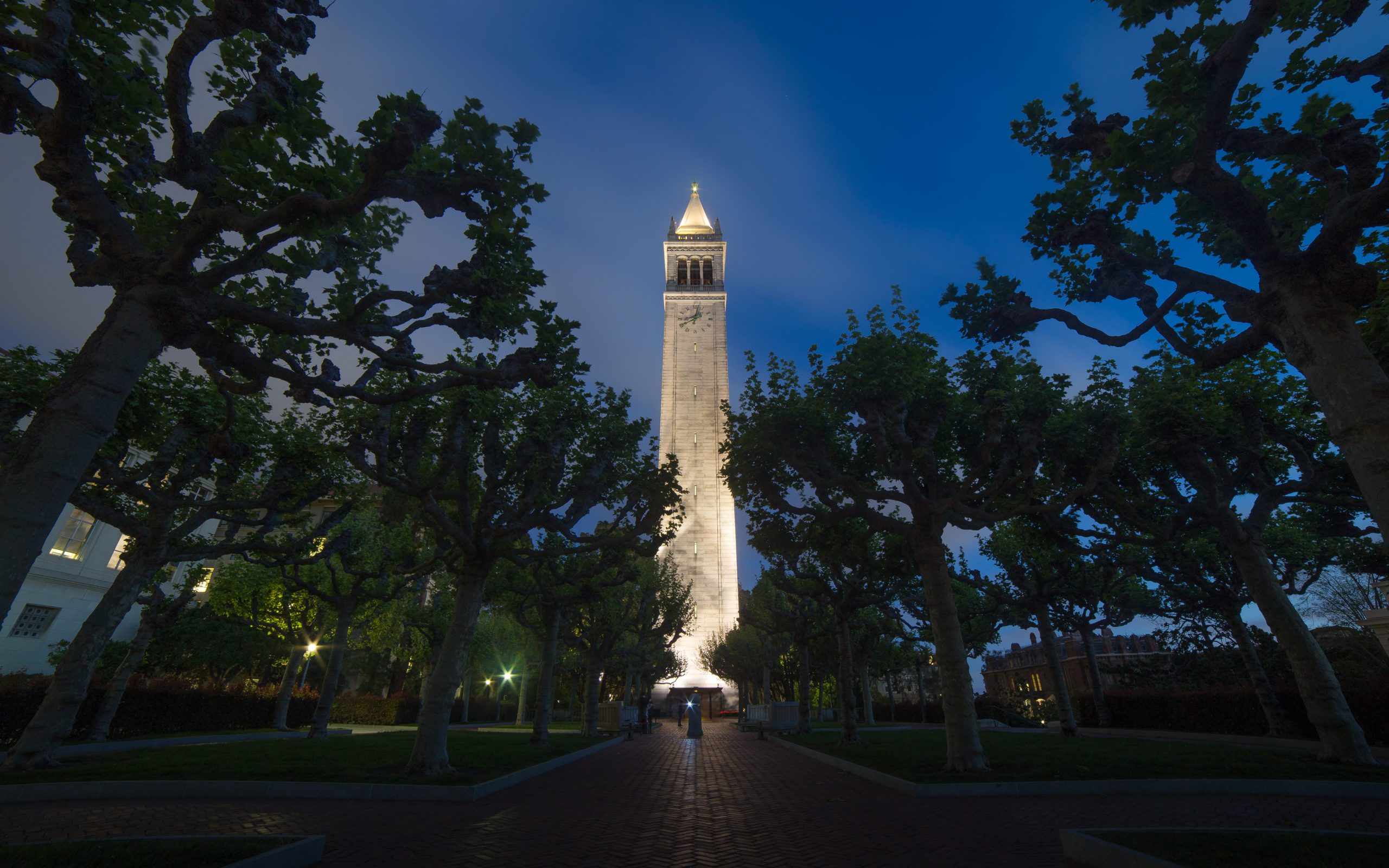The Upcycle: Beyond Sustainability–Designing for Abundance Talk and Book Signing with Bill McDonough
By Christina Meinberg, CRB Associate Director

CRB recently hosted a special on-campus event to hear from global thought leader, designer and sustainable growth pioneer William McDonough. He presented the ideas that can be found in his thought provoking new book, The Upcycle: Beyond Sustainability-Designing for Abundance.
The Upcycle is a follow-up to McDonough’s last book, Cradle to Cradle, which Amazon calls “one of the most consequential ecological manifestoes of our time”. Addressing an intimate audience of professors and business school students, McDonough put his new ideas into context immediately, by analyzing the way we commonly use the terms “efficiency” and “effectiveness”…
Incorporating our Values into Business to Create a Better World
Addressing an intimate audience of professors and students from across campus, McDonough first quoted Peter Drucker’s concept that business managers are expected to be “efficient,” and do something the right way, whereas executives are supposed to be “effective,” and do the right thing. McDonough explained his own interpretation of this – that “efficiency” is a tool and really has no (ethical) values associated with it. In contrast, being “effective” at something entails acting upon what we believe is “the right thing to do”.
McDonough used this opener to emphasize that our own values need to come into play in the work that we all do. “What is the foundation, what is the bedrock of our values system that allows us to create protocols so we can have actions based on those values?” McDonough asked the crowd.
“The values that I like to use in my work, are: how do we love all children of species, for all time? If we start with that and then move to our principles, we can set goals, strategies, tactics and metrics. [But] if we [instead] start with metrics, we benchmark. Why would we [merely] benchmark what we do now? All we can do from there, is get to goals. And then we haven’t changed things.”
The Upcycle is a book that doesn’t just describe how to use or reuse resources with greater “effectiveness,” but instead engages our thinking around how we might redesign our activities to improve the planet.
Upcycling Celebrates Biodiversity
According to McDonough, design is the first signal of human intention. With this in mind, the “upcycle” concept is about thinking about our intention in creating something, and celebrating biodiversity. “Governmental regulation is a signal of design failure,” McDonough emphasized, “so businesses should design things that don’t need to be regulated”.
“How can a product become a nutrient for another system at the end of its useful life?,” McDonough asked the audience including current and future business executives. “Get rid of the word ‘waste’ and think ‘waste equals food’.”
Finally, McDonough challenged the current thinking of many of today’s corporate social responsibility professionals who are dualing one another to have the best carbon-reduction goals: “I’m in wonderment that we all talk about goals of zero. Why would have all have goals of zero? Is it better that we’re not here? Is that all we have?”.
Check out this video clip in which McDonough provides some examples of Upcycling at work:
For another ‘take’ on McDonough’s talk, stay tuned for an upcoming redefiningbusiness.org blog post by Haas MBA candidate Grant Takashi. Visit the CRB YouTube channel for a full-length video of McDonough’s talk.


